Greece and the Greek Islands
The 2025 Greece Travel Guide
Hey traveller! Are you ready to explore Greece?
Get true and valid information from our travel guides written by local travel experts. Find out the best Greece experience that match to you varied travel styles of traveler. Find best hotels in Greece, activities and cruises at the best prices.
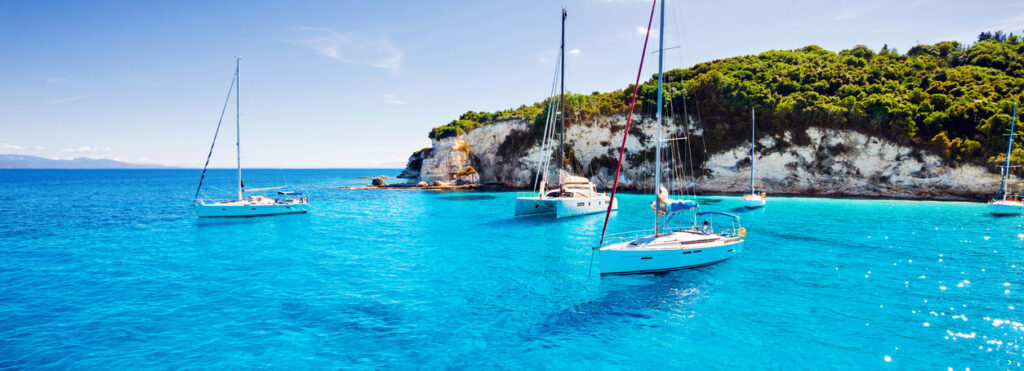
Greece is a beautiful country in Europe. It’s loaded with amazing beaches Mykonos, Santorini and Paros have the best sand and swimming, amazing historical sites on Athens, Delphi, Samos and Crete top the notch and stunning natural beauty.
The Greek islands are perfectly scattered for island exploration and adventure. In the same time mainland Greece has ancient cities like Ioannina and less-visited regions that will surprise and reward the curious traveler.
The 2025 Greece Travel Guide
Greece Travel guides choose destination :
Tips, FAQ and advice about Greece
Where Greece is Located
Greece is a country located in southeastern Europe, situated on the southern end of the Balkan Peninsula. The country has a coastline along the Aegean Sea to the east, the Ionian Sea to the west, and the Mediterranean Sea to the south.
Greece is surrounded by the Ionian Sea to the west and the Aegean Sea to the east, and it has numerous islands scattered throughout the Aegean and Ionian Seas. The country is known for its rich history, ancient ruins, beautiful landscapes, and a significant influence on Western civilization.
How big is land area of Greece
Greece has a land area of approximately 131,957 square kilometers, making it the 97th largest country in the world. The country’s terrain is predominantly mountainous, with only a small percentage of flat land suitable for agriculture. The highest point in Greece is Mount Olympus, which stands at 2,917 meters tall and is located in the northeastern part of the country.
The country is divided into thirteen administrative regions, each with its own distinct character and cultural identity. The capital city, Athens, is located in the Attica region and is the largest city in Greece, with a population of approximately 3.75 million people in its metropolitan area.
History of Greece
Greece has a long and rich history, dating back to ancient times. The country is considered to be the birthplace of Western civilization, with a legacy that includes democracy, philosophy, literature, and art. Greece was also home to some of the most famous ancient landmarks, such as the Acropolis and the Parthenon, both located in Athens. The country’s history is also marked by significant events, such as the Greek War of Independence in the 19th century, which led to the establishment of modern Greece as an independent state.
Finally, it’s worth noting that Greece has experienced significant population movements over the course of its history. The country’s ancient past saw the movement of various peoples such as the Mycenaeans, Minoans, and Dorians. Later on, the country was conquered by the Romans, Byzantines, Ottomans, and Venetians, all of whom left their mark on the country’s population and culture. More recently, Greece has experienced significant emigration to countries such as the United States, Canada, Australia, and Germany, particularly during the mid-20th century.
What currency is used in Greece
The country has been a member of the European Union (EU) since 1981 and has been using the Euro (€) as its currency since 2002. Prior to the adoption of the euro, Greece used the drachma as its national currency.
The euro is a common currency that is used by 19 of the 27 EU member states, including Greece. The euro was introduced to facilitate trade and economic integration among EU member states, and has since become one of the most widely used currencies in the world. The euro is divided into 100 cents and is available in banknotes and coins of various denominations. In Greece, you can easily exchange your currency for euros at banks, exchange bureaus, or ATMs, and you can use your credit or debit card to make purchases or withdraw cash at ATMs throughout the country.
Why Greece is popular and famous
Greece is known for its diverse and vibrant culture, which has been shaped by its long and varied history. The country has a rich culinary tradition, with many dishes that are famous around the world, such as moussaka, souvlaki, and tzatziki. Greece is also home to some of the world’s most beautiful beaches, including the famous Navagio Beach on the island of Zakynthos.
The country is a popular tourist destination, attracting millions of visitors each year. The ancient ruins and historic landmarks, such as the Acropolis and the Temple of Olympian Zeus, are major attractions for tourists. The islands of Santorini, Mykonos, and Crete are also popular destinations, known for their stunning scenery and picturesque villages.
The economy in Greece
Greece is also an important member of the European Union and plays an important role in the political and economic landscape of the region. The country has a mixed economy, with tourism, shipping, and agriculture being the main sectors. Greece has faced significant economic challenges in recent years, including a debt crisis that began in 2008. However, the country has made significant progress in addressing these challenges, and its economy has been steadily improving in recent years.
Climate in Greece
In terms of its climate, Greece has a Mediterranean climate, characterized by hot, dry summers and mild winters. The country experiences significant regional variations in climate, with the northern regions being cooler and wetter than the southern regions.
How many islands are in Greece?
Greece is a country that is famous for its stunning coastlines and breathtaking landscapes. One of the things that make Greece unique is the fact that it is home to more than 6,000 islands. These islands are scattered throughout the Aegean and Ionian Seas, each with its own unique charm and beauty. In this article, we will explore how many islands are in Greece, and take a closer look at some of the most popular ones.
When most people think of Greece, they likely imagine a few famous islands like Santorini or Mykonos. However, these are just a small fraction of the total number of islands in Greece. While the exact number of islands is difficult to determine, most estimates put the number at around 6,000. Of these, only around 227 are inhabited year-round, with the rest either completely uninhabited or only inhabited during the summer months.
The majority of these islands are located in the Aegean Sea, which lies between Greece and Turkey. The Aegean is divided into several smaller seas, including the North Aegean, the South Aegean, and the Sea of Crete. In addition to the Aegean, Greece also has a number of islands in the Ionian Sea, which lies to the west of the mainland.
The largest island in Greece
The largest island in Greece is Crete, which is located in the southern part of the Aegean Sea. Crete is approximately 8,260 square kilometers in size and is home to around 650,000 people. Other notable islands in Greece include Rhodes, Corfu, Zakynthos, and Santorini.
Island Hopping in Greece
Given the sheer number of islands in Greece, it’s no surprise that island hopping is a popular activity among tourists. Island hopping involves visiting multiple islands during a single trip, typically by ferry or boat. This allows visitors to experience the unique culture and natural beauty of each island, as well as enjoy a variety of activities such as swimming, sunbathing, and exploring historic sites.
One of the most popular island hopping routes in Greece is the Cyclades, a group of islands located in the central part of the Aegean Sea. The Cyclades include some of the most famous Greek islands, including Mykonos, Santorini, and Paros. These islands are known for their picturesque whitewashed buildings, stunning beaches, and vibrant nightlife.
Another popular island hopping route is the Ionian Islands, which are located to the west of the mainland. The Ionian Islands include Corfu, Zakynthos, and Kefalonia, among others. These islands are known for their lush green landscapes, crystal-clear waters, and charming villages.
The Benefits of Island Hopping in Greece
Island hopping in Greece offers a number of benefits to travelers. For one, it allows visitors to experience a wide range of landscapes and cultures in a single trip. Each island in Greece has its own unique history and culture, and island hopping provides an opportunity to explore these differences firsthand.
Island hopping also allows travelers to enjoy a variety of activities. From swimming and sunbathing to hiking and exploring historic sites, there’s no shortage of things to do on the Greek islands. Additionally, island hopping can be a more affordable option than staying on a single island for an extended period of time. By visiting multiple islands, travelers can take advantage of different accommodation options and transportation methods, allowing them to customize their trip to fit their budget and preferences.
Finally, island hopping in Greece provides an opportunity to disconnect from the stresses of daily life and immerse oneself in the natural beauty of the islands. With crystal-clear waters, stunning beaches, and idyllic landscapes, the Greek islands are the perfect place to relax and unwind
What is the population of Greece?
According to the latest data from the United Nations, the population of Greece as of 2021 is approximately 10.7 million people. This represents a slight decrease from the country’s peak population of 11.2 million in 2008. The population of Greece has been relatively stable over the past few decades, with slow growth rates and occasional declines.
One of the factors that have influenced the population of Greece is its fertility rate. Like many other countries in Europe, Greece has a low fertility rate, which means that there are fewer births per woman than the replacement level of 2.1 children per woman. In Greece, the fertility rate was 1.35 children per woman in 2020, which is well below the replacement level. This low fertility rate has contributed to the country’s slow population growth and has also resulted in an aging population.
In addition to the low fertility rate, Greece has also experienced significant emigration in recent years. Many young Greeks have left the country in search of better job opportunities and higher wages, particularly during the economic crisis that began in 2008. The emigration of young people has contributed to a decline in the country’s population and has also resulted in an aging population, as older Greeks are more likely to stay in the country.
The demographics of Greece are also interesting to consider. The country has a relatively homogeneous population, with the vast majority of its residents being ethnic Greeks. The largest minority groups in Greece are Albanians, Bulgarians, Romanians, and Ukrainians. The country also has a small Muslim minority, which is mainly concentrated in the regions of Thrace and the Dodecanese Islands.
Another interesting demographic trend in Greece is the urbanization of its population. As of 2021, approximately 80% of Greeks live in urban areas, with the largest cities being Athens, Thessaloniki, and Patras. This trend towards urbanization is common in many countries around the world, as people are attracted to cities for their job opportunities, cultural amenities, and quality of life.
What language is spoken in Greece?
The official language of Greece is Greek, spoken by 99,5% of the population. The most common foreign languages learned by Greeks are English (79%), German (14%), French (10%), and Italian (5%). English is widely spoken in the largest cities and on the most popular Greek islands.
Greece travel guide overall
Overall, Greece is a fascinating and beautiful country with a rich history and culture. Its location in southeastern Europe makes it a gateway to the Mediterranean and an important crossroads between Europe and Asia. Whether you are interested in history, culture, or simply enjoying the beautiful scenery, Greece has something to offer for everyone.
More Greece travel guide informations

Best places to visit in Greece for couples
Learn which are the best places to visit in Greece for couples on Summer. Take a quick look on 5 tips and enjoy your stay!
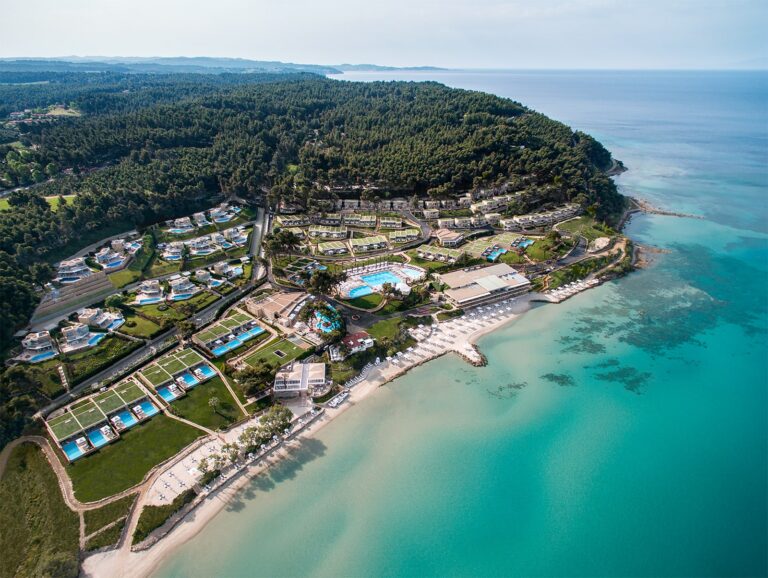
Top 10 resorts in Greece
Here they are the top 10 resorts to visit in Greece on this Summer. Do not miss the opportunity to visit them!
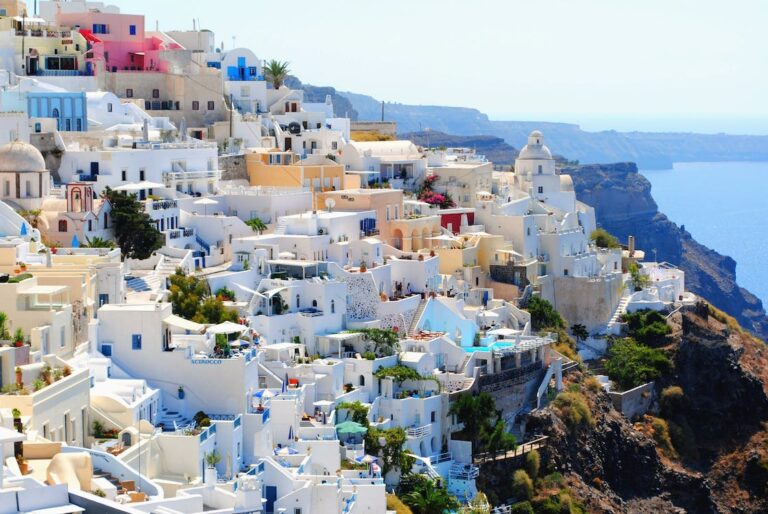
Most beautiful islands of Greece
The secret list of the most beautiful islands of Greece, learn which are the suitable island for vacations in Greece.
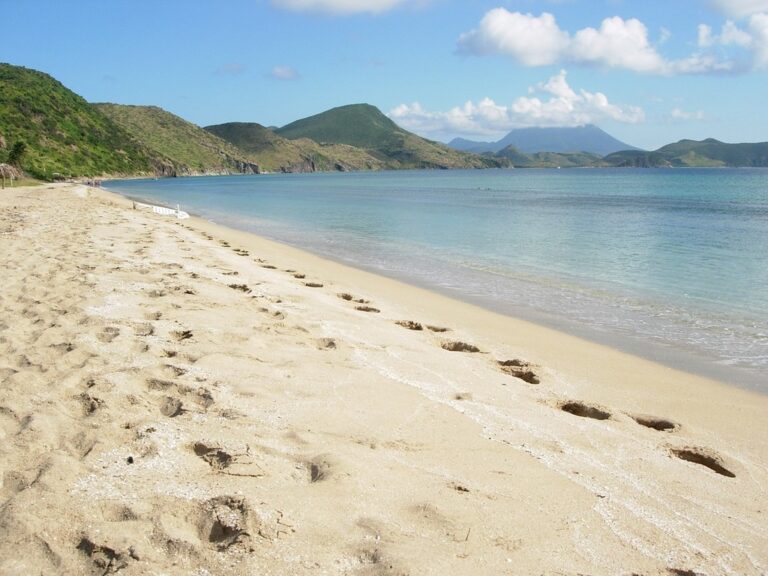
Greece sandy beaches
Looking for sandy beaches in Greece? Here is the updated list with magnificent sandy beaches.
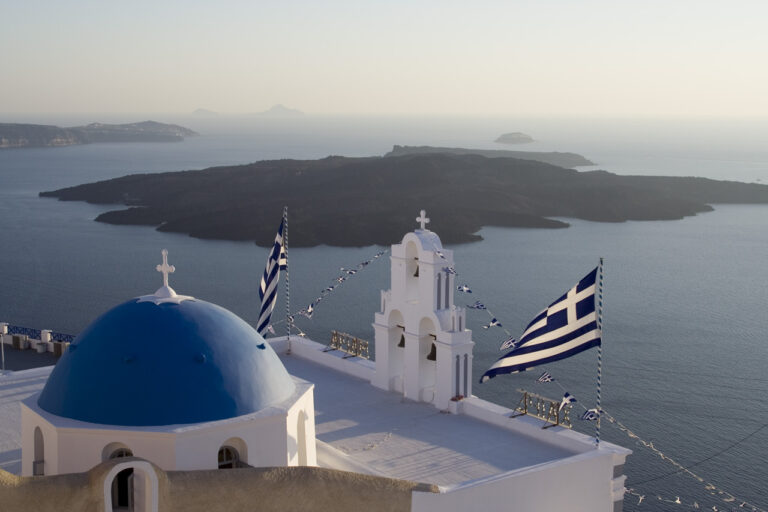
Greece islands to visit
Looking for island to visit is difficult because all of them are beautiful. Which is suitable for you?
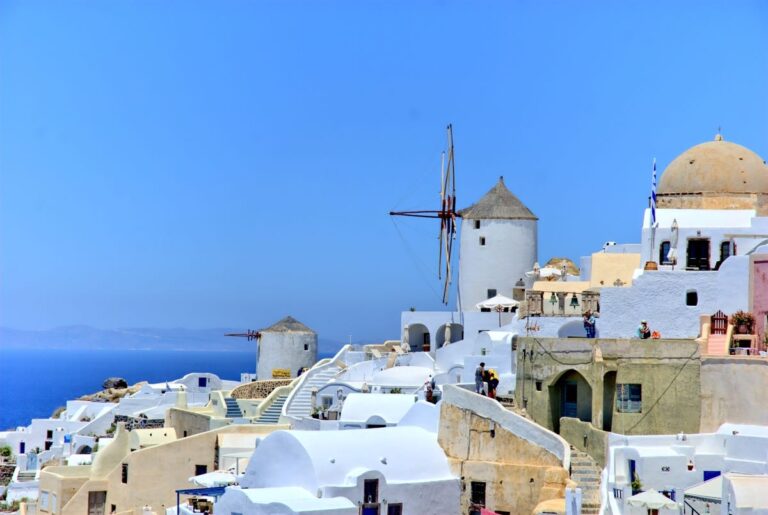
Cheap islands in greece
Do vacations on an island in Greece with little of money. How are the cheap island and why to choose them.
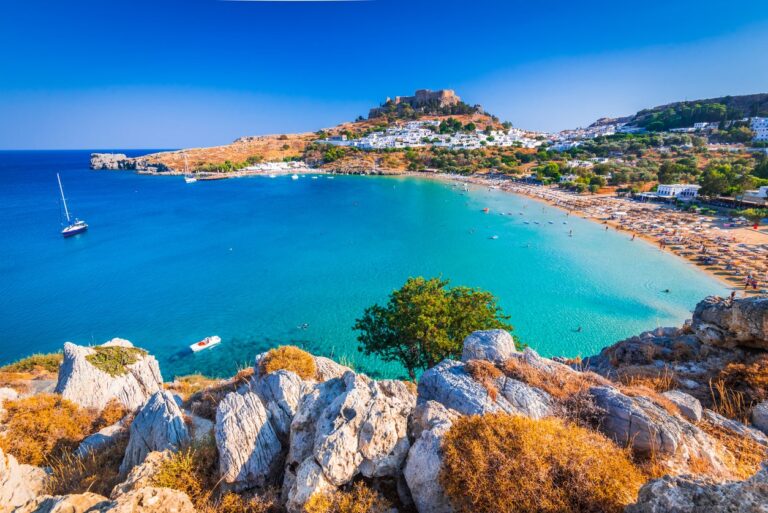
Best holiday destinations in Greece for families
Secrets about best holiday destinations in Greece for families. A full list to choose your best destination.
